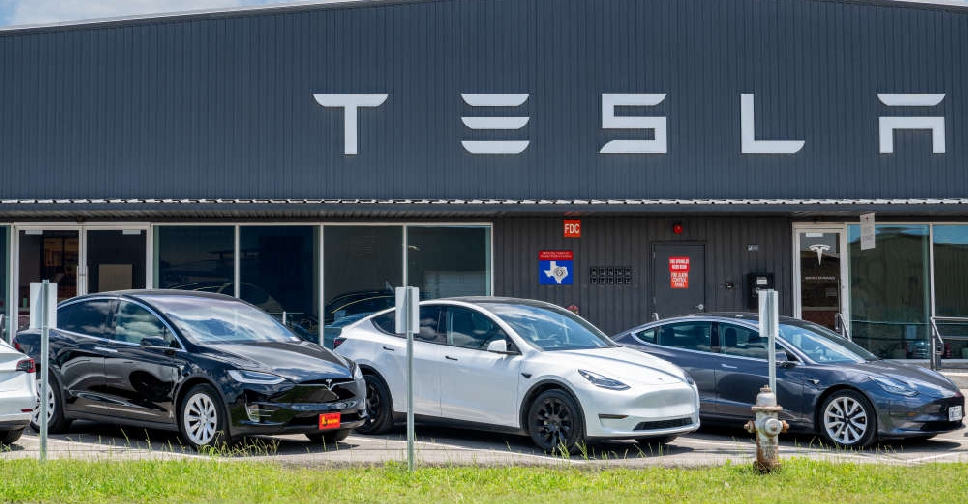
Automakers Tesla and Geely-owned Volvo Car said they were suspending some production in Europe due to a shortage of components, the first clear sign that attacks on shipping in the Red Sea are hitting manufacturers in the region.
The United States and Britain launched a series of strikes on Yemen on Thursday, aimed at the Houthi militia whose attacks on international shipping have disrupted one of the world's most important shipping routes.
Container shipping rates jumped further this week as concerns grew that vessels carrying everything from clothes to phones and car batteries will have to avoid the Suez Canal, the fastest route between Asia and Europe, for longer than expected.
The biggest supply chain upheaval since the COVID-19 pandemic risks derailing the global economic recovery, while higher freight and oil prices could reignite inflation. The canal accounts for about 12 per cent of global container traffic.
Late on Thursday, Tesla told Reuters it will suspend most car production at its factory near Berlin from January 29 to February 11, citing a lack of components after many ships were re-routed around the southern tip of Africa.
"The armed conflicts in the Red Sea and the associated shifts in transport routes between Europe and Asia via the Cape of Good Hope are having an impact on production in Gruenheide," a Tesla statement said.
"The considerably longer transportation times are creating a gap in supply chains."
It did not say what components were delayed arriving at the factory, where it assembles electric vehicles for sale in Europe.
Volvo Car, which is majority-owned by China's Geely, said it will pause output at its plant in Ghent in Belgium for three days next week due to a delayed delivery of gearboxes.
Some tanker operators have ceased traversing the Red Sea following the US and British air strikes on Yemen's Houthis, as regional conflict stemming from Israel's war in Gaza widens.
Adding to the logistical headaches hampering trade, low water levels due to drought have reduced crossings of the Panama Canal, another key maritime trade route.




 Nasdaq set to confirm bear market as Trump tariffs trigger recession fears
Nasdaq set to confirm bear market as Trump tariffs trigger recession fears
 Dana Gas and Crescent Petroleum exceed 500M boe in Khor Mor field
Dana Gas and Crescent Petroleum exceed 500M boe in Khor Mor field
 China to impose tariffs of 34% on all US goods
China to impose tariffs of 34% on all US goods
 Shares bruised, dollar crumbles as Trump tariffs stir recession fears
Shares bruised, dollar crumbles as Trump tariffs stir recession fears




